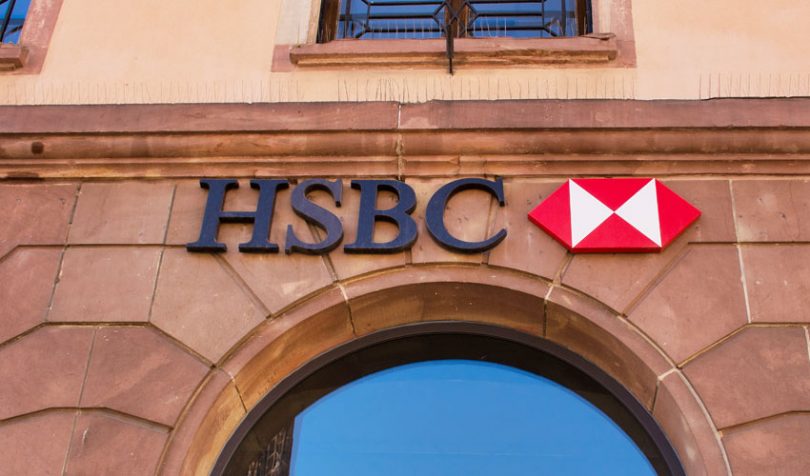Yesterday, HSBC said it executed a pilot blockchain letter of credit (LC) transaction in Malaysia.
The LC was for the import of resin by Malaysia’s Simply Packaging from a Singapore company. HSBC Malaysia acted as the issuing bank, and HSBC Singapore was the advising bank.
One of the objectives of this pilot was to demonstrate the use of blockchain LCs for small and medium-sized companies. Historically, most LCs are used by large corporates. Simply Packaging is a mid-sized firm. Its joint Managing Director Shahid Chachia commented: “I believe this will be the mode of issuing LC moving forward as businesses and the governments recognize the safety and swiftness in performing tasks using the blockchain technology.”
Cross-border trade finance can be cumbersome owing to manual paperwork, delayed payments and shipments.
With paper-based documents, counterfeit documents can be introduced when the bill of lading is couriered from the departure point to the destination. The bill of lading is a critical document for the release of money, and by electronically signing it, it’s far harder to commit fraud.
Apart from fraud, some of the risks are non-delivery of goods and non-compliance with the LC terms, among other things.
With blockchain, much of the risk is mitigated as all involved parties can use a single platform to carry out the trade. This provides transaction transparency with the documentation cryptographically secured on the blockchain.
Cross-border trade between Malaysia and Singapore was worth over $85 billion in 2018. Owing to the close geographical proximity, the delivery of goods takes a reasonably short time. The problem area is the administrative processes associated with the trade. HSBC said the paperwork for the Simply Packaging deal took about 24 hours to complete, compared to the 5-10 days using the legacy process.
“The quicker turnaround times does not just save companies money. It will help boost the efficiency of intra-ASEAN trade, characterized by many close-proximity shipping routes, which in turn helps trade to grow and flourish throughout the region,” said Stuart Milne, CEO, HSBC Malaysia.
HSBC is a member of the blockchain trade finance platform Voltron which uses LCs and is underpinned by R3’s Corda. This pilot used the same solution.
“We hope to better support our Malaysian customers, particularly the SMEs who make up 98.5% of business establishments in Malaysia and contribute 38.3% to the nation’s GDP in 2018, through this innovative digital solution in trade finance,” HSBC’s Milne added.
This is HSBC’s eleventh blockchain trade finance transaction. Recently, it completed a yuan-denominated blockchain LC for a deal between a Chinese company and its subsidiary in Hong Kong.
Earlier this year, HSBC used the Voltron platform for an LC between Australia and China. The bank also completed a pilot blockchain LC in India in collaboration with ING.
Update: HSBC confirmed this pilot used Voltron







